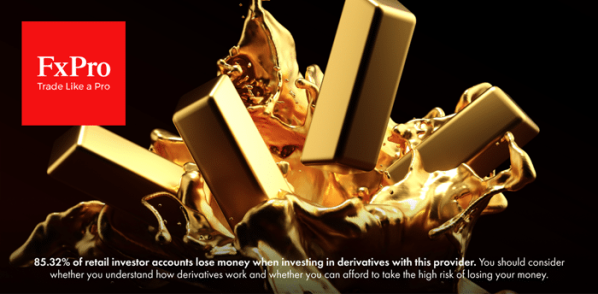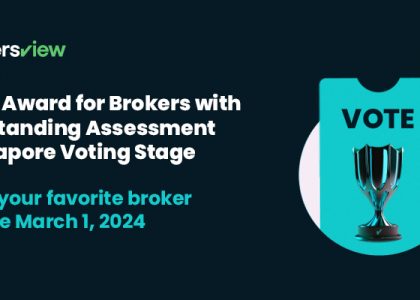
Is it a “Normal Crisis,” a “Crisis,” or a “Global Crisis”?
Humans have two distinct behavioral styles. The first pattern is the standard set of norms that govern everyday life. The second mode is crisis mode, which occurs when regular norms are entirely broken and we must begin to think in new ways in order to live. Because crises are uncommon, we tend to forget about them and believe they are more rarer.
Most people find it difficult to go from “normal” to “crisis” unless they are confronted with danger. For our forefathers, who had to worry about being slain by a charging wild animal while hunting or by a rival tribe's warrior, this was enough. But that isn't enough for modern people; we confront threats that can't be “seen” up close until it's too late, despite the fact that we have the intellectual capabilities to comprehend them and the technology to combat them. The corona virus pandemic of 2020 is an outstanding illustration of this: the epidemic might have been halted in China, but individuals and governments responded too little, too late, despite knowing what would happen if they didn't. This is likely due to the fact that such a pandemic had not occurred in living memory in the Western world, and so people couldn't believe it could happen, despite the fact that institutions and scientists were warning people every day that it was only a matter of time until it did.
Financial markets function in two modes: “regular” markets and “crisis” markets, because they are driven by human buyers and sellers. To be successful in the market, a trader must be able to recognize when markets are being driven by a crisis and determine if there is cause for concern or whether the crisis is minor. After that, a good trader must use distinct trading principles for each type of market. It's critical to distinguish between a minor crisis and a serious panic, which I'll refer to as a “global crisis.” The Financial Crisis of 2007-2008, the Cuban Missile Crisis of 1962, the Second International War from 1939 to 1945, and the Corona virus Pandemic are all good instances of actual world crises in the last century.
How Can You Tell If There's a Global Crisis?
There are two basic principles to follow to determine if you are experiencing a true “global crisis” or a more typical smaller catastrophe. The first criteria is to determine whether markets are constantly moving with excessively high volatility. Applying the average true range indicator over the long term and comparing it to current daily ranges of stock, forex, and commodities markets will help you determine this. If the present ranges remain substantially above their long-term averages for several days, and stock markets are primarily down, then a big crisis is clearly underway.
How Can You Tell If There's a Global Crisis?
There are two basic principles to follow to determine if you are experiencing a true “global crisis” or a more typical smaller catastrophe. The first criteria is to determine whether markets are constantly moving with excessively high volatility. Applying the average true range indicator over the long term and comparing it to current daily ranges of stock, forex, and commodities markets will help you determine this. If the present ranges remain substantially above their long-term averages for several days, and stock markets are primarily down, then a big crisis is clearly underway.
The second rule is emotional rather than mathematical: is everyone you know who watches the news saying in horror, “Oh, I can't believe this is truly happening, it can't be real”? You have a serious world crisis when you have aware individuals talking like this and financial markets plummeting on extremely high volatility.
How to Trade During a Global Crisis
Investing in Forex, equities, or commodities during a global crisis is tremendously risky, but it may also be extremely rewarding. Here are eleven wonderful principles that a trader in a global crisis should follow in order to not only be lucrative but also avoid blowing up their trading account:
1. Expect daily market movements to be at least as large as the largest daily shift since the start of the crisis.
2. It is very conceivable for a stock market to drop by 50% in a matter of days.
3. The only time it makes sense to short stock markets is during a global catastrophe. Short sellers are more likely to be ensnared by dip buyers during more usual, modest crises.
4. The initial few weeks of a global crisis provide the finest trading opportunities. In fact, the initial days of the crisis are ideal for starting new transactions.
5. Keep the amount of your trade positions minimal. This is critically crucial. It's alluring to start large trades in the hopes of making a fortune if you're correct. It's not a good idea. Reduce the amount to account for the extremely high volatility.
6. Maintain a tight stop loss in relation to the volatility. Put the mistake of assuming that because volatility is high, you need to make your stops extra-wide to give your trades a fighting chance. It makes little difference if you lose trades if you keep your trading position sizes short, because even winning trades may be profitable.
7. Even in Forex, don't pay attention to support and resistance levels since they are nearly always overwhelmed by strong mood and a general lack of liquidity. Only when the price has already made a substantial move for the day, as large as a previous day's average move, and is showing strong signs of correcting, should you make an exception.
8. If you're aiming for profit goals, don't quit a transaction too soon. Even if it's on a short time period, look for reversal price activity. If you try to choose exit objectives, you will nearly always be far too cautious and miss out on huge returns on the winners — it's human nature.
9. Don't feel obligated to sell anything. At any one moment, you should usually only trade one major stock market index, one major commodity, and one Forex pair, but you may want to alternate between them. When sizing your holdings, bear in mind that market correlations are normally particularly strong during a global crisis, so consider the entire risk of three open transactions as well as the high volatility.
10. When you're in a panic, don't trade! You or persons close to you may be at risk during a global crisis. It's difficult to make a trading choice when you're concerned that your sneeze may be the start of a corona virus outbreak!



